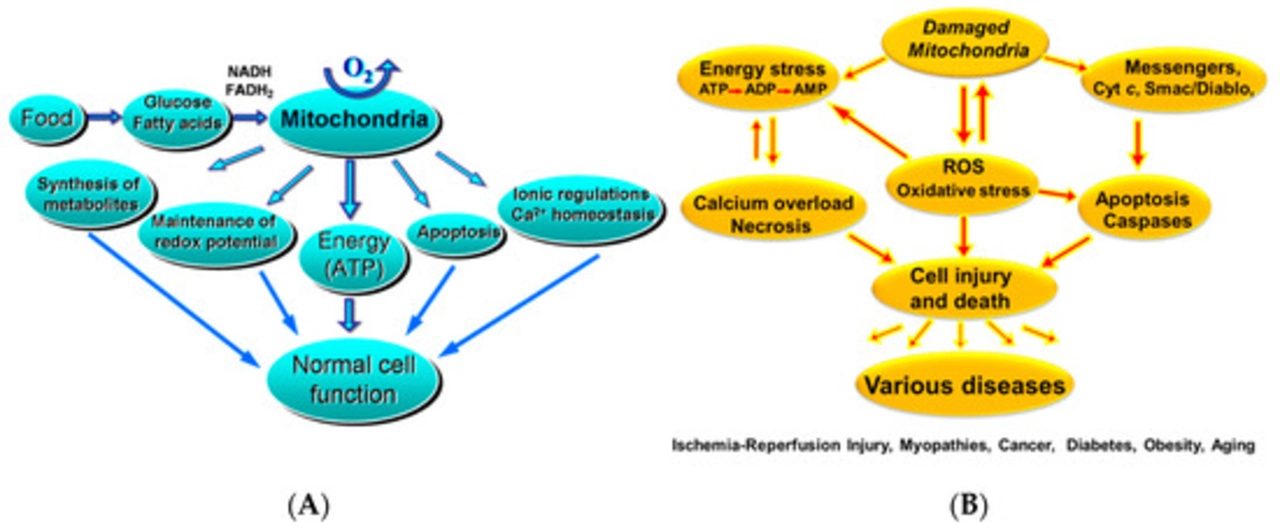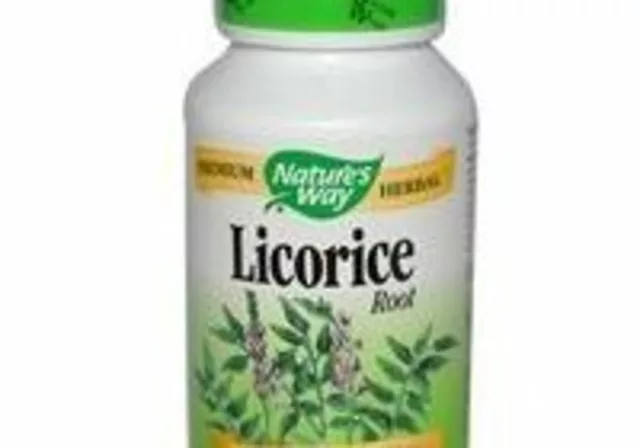Antioxidants: how they work and where to get them
Your body faces tiny chemical attacks every day from free radicals — unstable molecules that can damage cells. Antioxidants are compounds that neutralize those free radicals and help reduce oxidative stress. That’s a simple, useful job: keep cells healthier so your body functions better over time.
Not all antioxidants are the same. Vitamins C and E, carotenoids (like beta‑carotene), selenium, and plant polyphenols (flavonoids, resveratrol) all act differently but share the same goal: stop or slow damage from oxidation. Eating a mix of these gives broader protection than relying on one single nutrient.
Best food sources — practical choices
Pick colorful, whole foods. Specific, easy options: berries (blueberries, strawberries), dark leafy greens (spinach, kale), nuts (walnuts, almonds), beans, green tea, tomatoes, sweet potatoes, and dark chocolate (70% cocoa or higher). A simple plate idea: spinach salad with berries and walnuts plus a piece of grilled salmon — you get vitamins, polyphenols, and healthy fats in one meal.
How you cook matters. Steaming or quick sautéing preserves antioxidants better than long boiling. Store produce in a cool, dark place and eat it fresh when possible — many antioxidant compounds degrade over time or with heavy heat.
Supplements: when they help and when they hurt
Whole foods first. Supplements can be useful if you have a diagnosed deficiency, limited food access, or a specific medical need. But don’t assume more is better. High‑dose antioxidant supplements have produced mixed results in clinical trials. For example, beta‑carotene supplements increased lung cancer risk in smokers in some studies. Some antioxidants can also change how medicines work — vitamin E may affect blood thinners, and antioxidants can interfere with certain chemotherapy drugs.
Want to try a supplement? Talk to your doctor or pharmacist about your medications and health history. They can check for interactions and recommend safe doses. At NowRx.com we cover both supplement benefits and risks in our articles, so you can look up reliable overviews before talking to your clinician.
Quick, practical tips: eat a rainbow of fruits and vegetables every day, include nuts or seeds as a snack, swap sugary treats for dark chocolate sometimes, and drink green tea instead of sugary drinks. If you take any supplements, list them for your healthcare provider and review them annually.
For related reading on NowRx.com, check pieces like "The Surprising Health Benefits of Stavesacre Supplementation" and "Herbal Supplements That Interact With Imipramine" to learn more about specific herbs, interactions, and safety tips. Use food first, supplements second, and ask a professional when in doubt.





